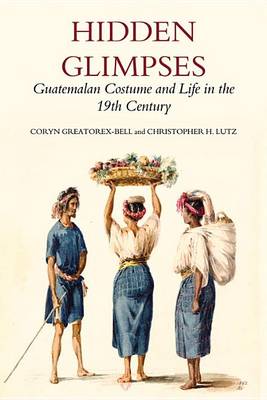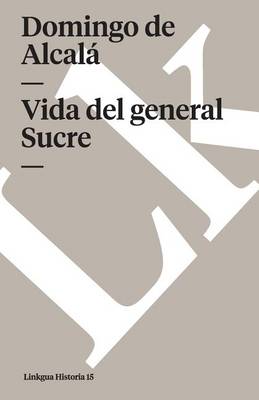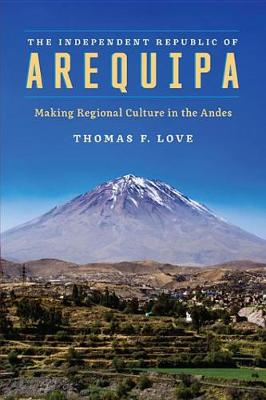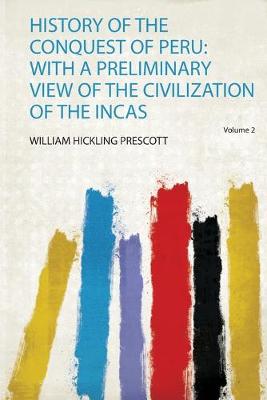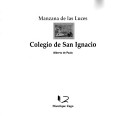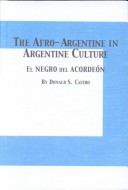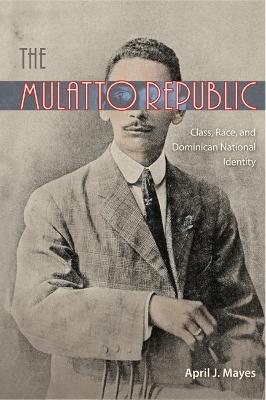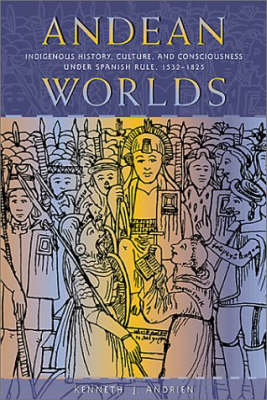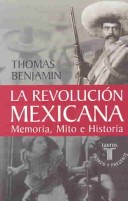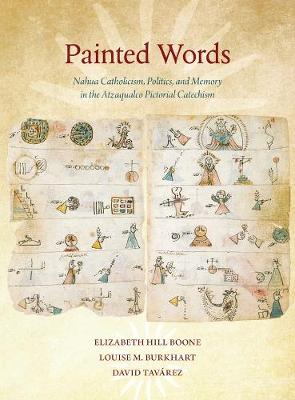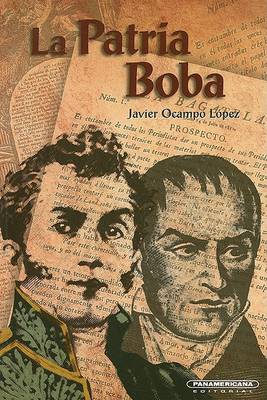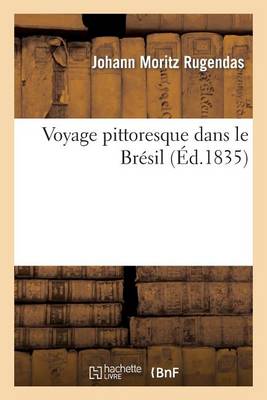Herbert S. Klein and Francisco Vidal Luna present a sweeping narrative of social change in Brazil that documents its transition from a predominantly rural and illiterate society in 1950, to an overwhelmingly urban, modern, and literate society in the twenty-first century. Tracing this radical evolution reveals how industrialization created a new labor force, how demographic shifts reorganized the family and social attitudes, and how urban life emerged in what is now one of the most important ind...
The Diary of Antonio de Tova on the Malaspina Expedition (1789-1794) (Latin American Studies, v. 12)
by Antonio de Tova
Reconstructing the Landscapes of Slavery
by Dale W Tomich, Reinaldo Funes Monzote, Carlos Venegas Fornias, and Rafael de Bivar Marquese
Assessing a unique collection of more than eighty images, this innovative study of visual culture reveals the productive organization of plantation landscapes in the nineteenth-century Atlantic world. These landscapes-from cotton fields in the Lower Mississippi Valley to sugar plantations in western Cuba and coffee plantations in Brazil's Paraiba Valley-demonstrate how the restructuring of the capitalist world economy led to the formation of new zones of commodity production. By extension, these...
Arequipa, Peru's second largest city, has the most intense regional culture in the central Andes. Arequipenos fiercely conceive of themselves as exceptional and distinctive, yet also broadly representative of the nation's overall hybrid nature-a blending of coast (modern, "white") and sierra (traditional, "indigenous"). The Independent Republic of Arequipa investigates why and how this regional identity developed in a boom of cultural production after the War of the Pacific (1879-1884) through t...
Colegio de San Ignacio (Coleccion Manzana de Las Luces, #2)
by Manrique Zago and Alberto S J de Paula
The Afro-Argentine in Argentine Culture (Latin American Studies, v. 14)
by Donald S. Castro
Virgil Gheorghiu on Communism, Capitalism and National Socialism
by Iuliu-Marius Morariu
The Dominican Republic was once celebrated as a mulatto racial paradise. Now the island nation is idealized as a white, Hispanic nation, having abandoned its many Haitian and black influences. The possible causes of this shift in ideologies between popular expressions of Dominican identity and official nationalism has long been debated by historians, political scientists, and journalists. In The Mulatto Republic, April Mayes looks at the many ways Dominicans define themselves through race, skin...
Produccion y Trabajo En La Argentina
by Bernardo Kosacoff and Luis Priamo
This broadly gauged, synthetic study examines how the Spanish invasion of the Inca Empire (called Tawintinsuyu) in 1532 brought dramatic and irreversible transformations in traditional Andean modes of production, technology, politics, religion, culture, and social hierarchies. At the same time, Professor Andrien explains how the indigenous peoples merged these changes with their own political, socio-economic, and religious traditions. In this way European and indigenous life ways became intertwi...
El titulo de este libro, La reinvencion de Latinoamerica, retoma la famosa tesis del historiador mexicano Edmundo O'Gorman (1958), segun la cual la idea de America era ya antes de su descubrimiento una prefiguracion fabulosa de la cultura europea, cuyo imaginaire se habia fomentado por la lectura de los clasicos de la filosofia natural y la firme creencia de Colon de descubrir la India. Desde entonces, ha seguido construyendose un proceso de (re-)invenciones, tanto desde Latinoamerica como desde...
Painted Words (Dumbarton Oaks Pre-Columbian Art and Archaeology Studies Series (HUP))
by Elizabeth Hill Boone, Louise M. Burkhart, and David Tavarez
"Erich Hackl's subjects are all actual events, fates and biographies. Often with considerable research and effort, he digs deep into the histories of people whose destiny very often have to do with Nazism and / or with Judaism. In his new collection of short [non-fiction] stories Three tearless histories, two of which are already published in Austria in newspapers and anthologies, Hackl tells of Jewish people and their destinies. [...] These stories get under one's skin." - Winfried Stanzick, To...


